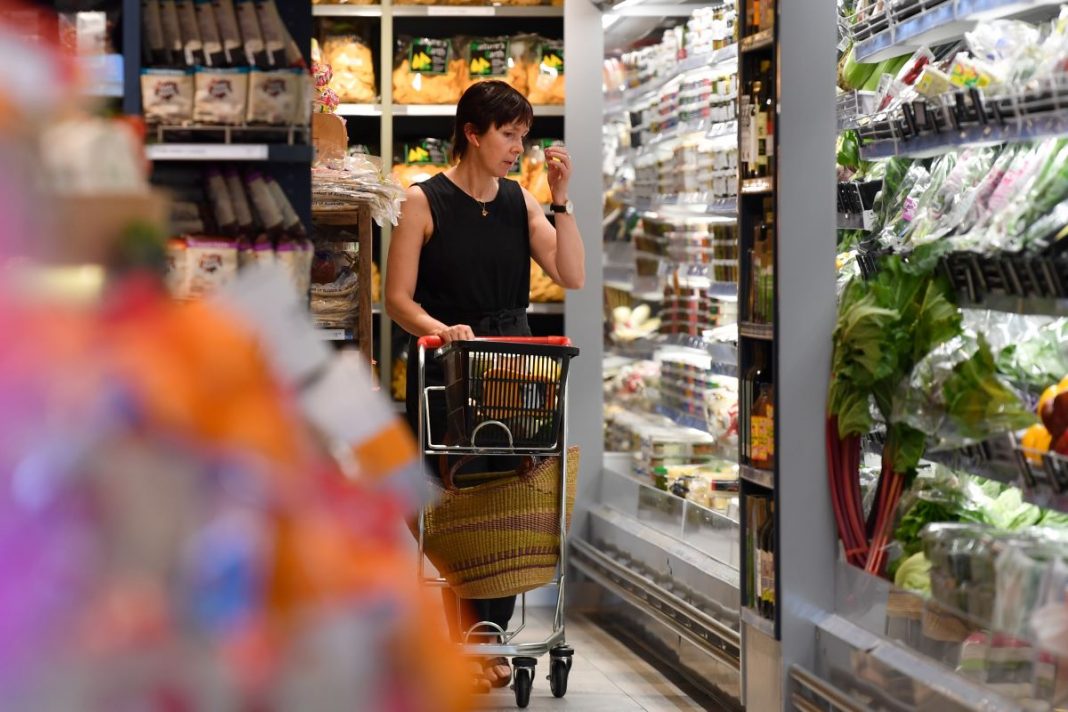Australians are holding out hope for hip pocket relief as politicians rush to Canberra to discuss cost-of-living proposals and inflation appears to cool.
Since the end of the COVID-19 lockdowns, prices have surged for everything from rents to the weekly grocery shop as a confluence of domestic and international events fuel inflation.
In response, Prime Minister Anthony Albanese has summoned his colleagues to Canberra for a caucus meeting on Wednesday, about two weeks before parliament resumes in February.
Health Minister Mark Butler says the expedited start to the political year was nod to the state of the economic environment.
“Even though parliament doesn’t commence again for a couple of weeks, (we are meeting) because we recognise Australians are doing it tough,” he told reporters in Adelaide on Sunday.
“I know that all my caucus colleagues are keen and raring to get going with delivering again for Australians this year.
“We know there is more to do in 2024 and we’re determined to get going as quickly as possible with that.”
Though some critics have accused the government of charging taxpayers hundreds of thousands to ferry politicians to Canberra, Social Services Minister Amanda Rishworth rebuffed the claims.
“(It is) important that MPs do get together and actually put their views forward,” she told Nine’s Today show on Monday.
“Labor MPs didn’t get elected to sit home and twiddle their thumbs, we want to contribute to the national debate.”
The prime minister has commissioned Treasury and the Department of Finance to put together further proposals for cost-of-living relief, but when asked if any measures would be introduced before the end of the week, Mr Butler said it was a matter for Mr Albanese to consider.
“We’re proud of the measures that particularly the prime minister and Treasury delivered over the course of 2023 but recognise there’s more to do in this global inflation shock that is hitting Australian households hard,” he said.
To the relief of many, recent economic data has pointed to softening inflation.
Earlier in January, the Australian Bureau of Statistics reported the monthly consumer price index for November had slowed to 4.3 per cent, its lowest level since January 2022.
Meanwhile, the ABS’s jobs data released on Thursday revealed the labour market had also begun to cool off.
Monthly business turnover data, expected to come out on Tuesday, will also provide another indicator of the economy’s strength.
If the data remains promising, borrowers can hold out hope when the Reserve Bank of Australia delivers its first interest rate decision of 2024 in early February.
By Kat Wong in Canberra



